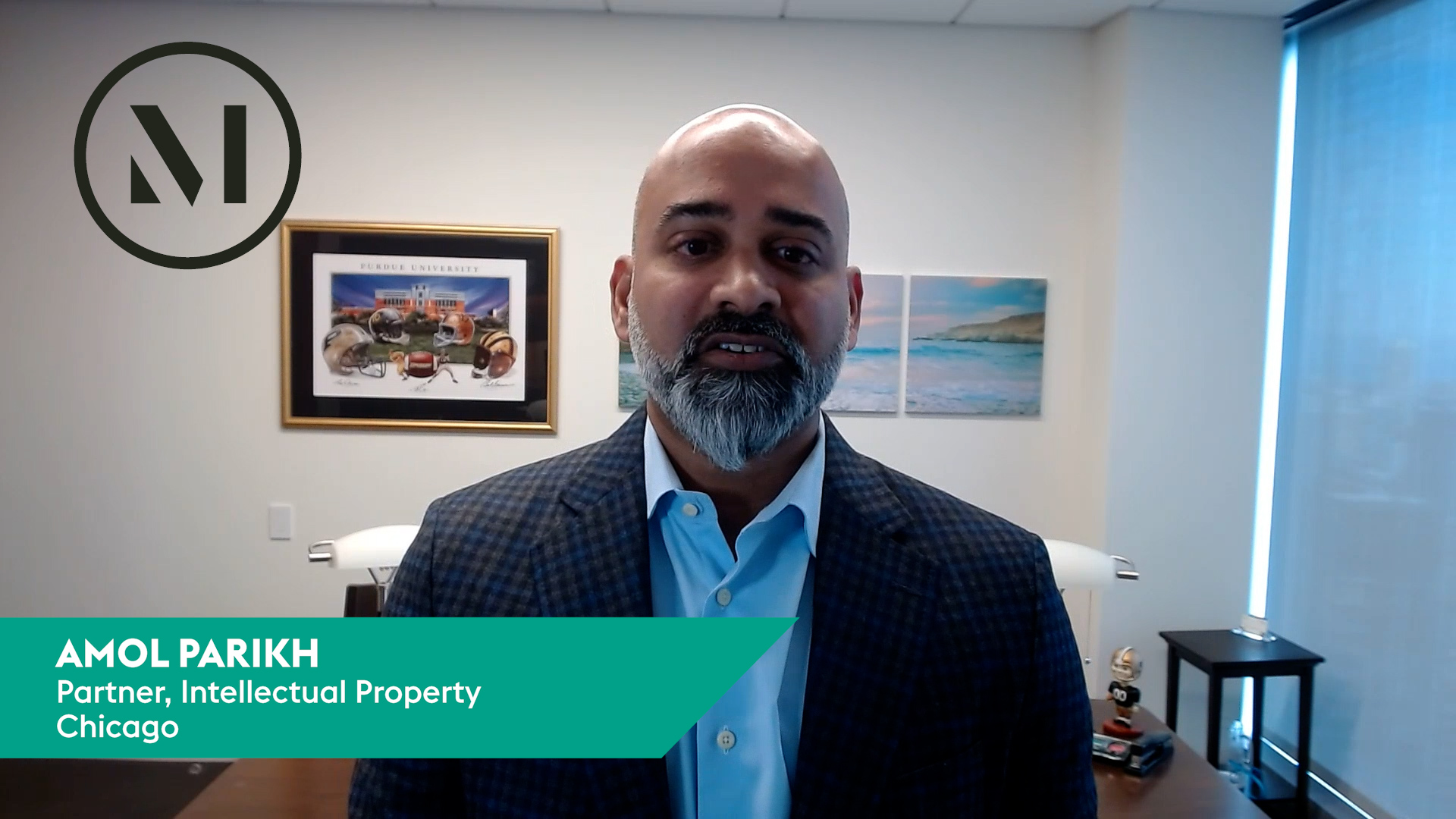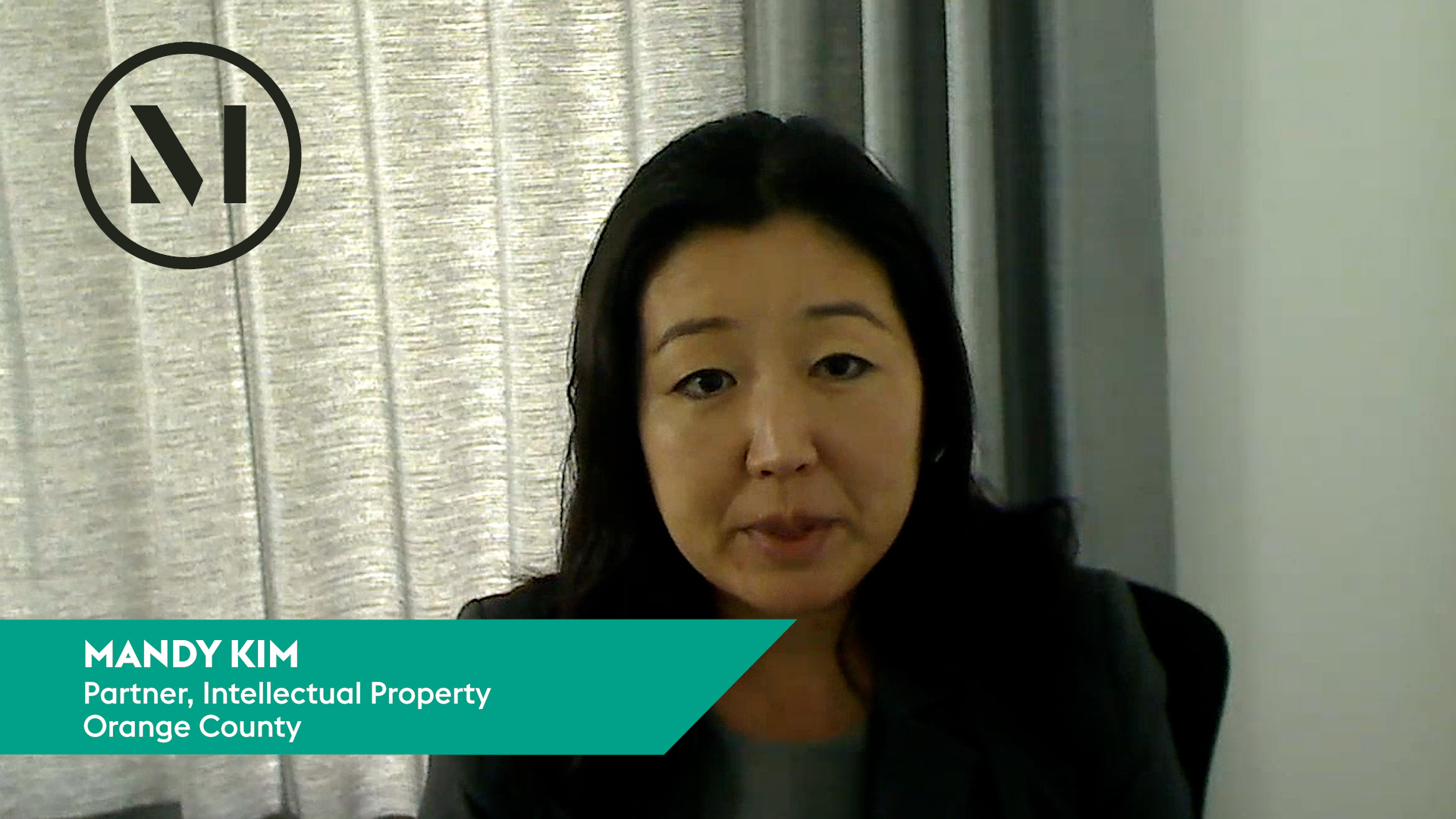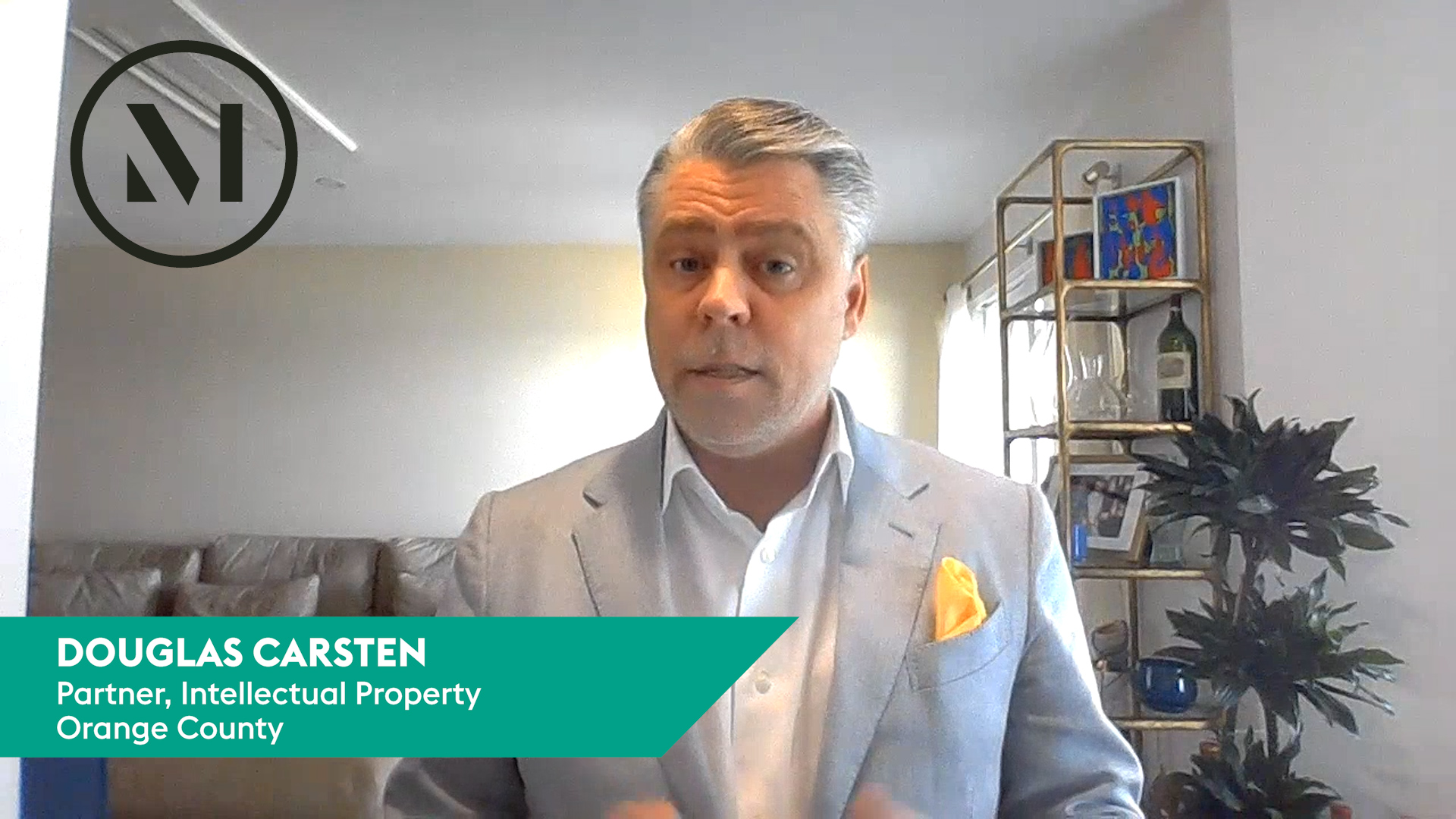The US Court of Appeals for the Eleventh Circuit furthered a circuit split in holding that, as a matter of first impression, a copyright plaintiff’s timely claim under the discovery rule is subject to retrospective relief for infringement occurring more than three years before the suit was filed. Nealy v. Warner Chappell Music, Inc., Case No. 21-13232 (11th Cir. Feb. 27, 2023) (Wilson, Jordan, Brasher, JJ.)
Section 507(b) of the Copyright Act includes a three-year statute of limitations that runs from the time the claim accrues, and a claim may only accrue one time under the discovery rule. In 2014, the US Supreme Court held in Petrella v. Metro-Goldwyn-Mayer, Inc., that the equitable doctrine of laches does not bar copyright claims that are otherwise timely under the three-year limitations period set forth in § 507(b). The circuits are split on Petrella’s application—the Second Circuit strictly limits damages from copyright infringement to the three-year period before a complaint is filed, whereas the Ninth Circuit permits retrospective relief for infringement occurring more than three years before the lawsuit’s filing as long as the plaintiff’s claim is timely under the discovery rule.
Music Specialist and Sherman Nealy (collectively, Music Specialist) filed a copyright infringement suit against Warner alleging that Warner was using Music Specialist’s musical works based on invalid third-party licenses and in violation of 17 U.S.C. § 501. The alleged copyright infringement occurred as early as 10 years before Music Specialist filed the present lawsuit. The district court denied Warner’s motion for summary judgment on statute of limitation grounds, finding that there was a genuine dispute of material fact regarding when Music Specialist’s claim accrual occurred. In a separate order, the district court certified for interlocutory appeal whether “damages in this copyright action are limited to the three-year lookback period as calculated from the date of the filing of the Complaint pursuant to the Copyright Act and Petrella.” Music Specialist appealed.
The Eleventh Circuit concluded that where a copyright plaintiff has a timely claim for infringement occurring more than three years before the filing of the lawsuit, the plaintiff may obtain retrospective relief for that infringement. The Court found that Petrella focused on the application of 17 U.S.C. § 507(b) to claim accrual under the injury rule, not the discovery rule, and was therefore inapplicable. The injury rule precludes recovery for harms occurring earlier than three years before the plaintiff files suit. On the other hand, the discovery rule permits damages recovery for infringing acts that copyright owners reasonably become aware of years later. Therefore, the discovery rule permits timely claims for infringement that occurred more than three years before the suit. The Eleventh Circuit found that the Supreme Court expressly reserved application of the discovery rule’s propriety for a future case and that, in the Eleventh Circuit’s opinion, the plain text of the Copyright Act does not place a time limit on remedies for an otherwise timely claim.
Practice Note: The Eleventh Circuit disagreed with the Second Circuit’s [...]
Continue Reading
read more

 Subscribe
Subscribe





